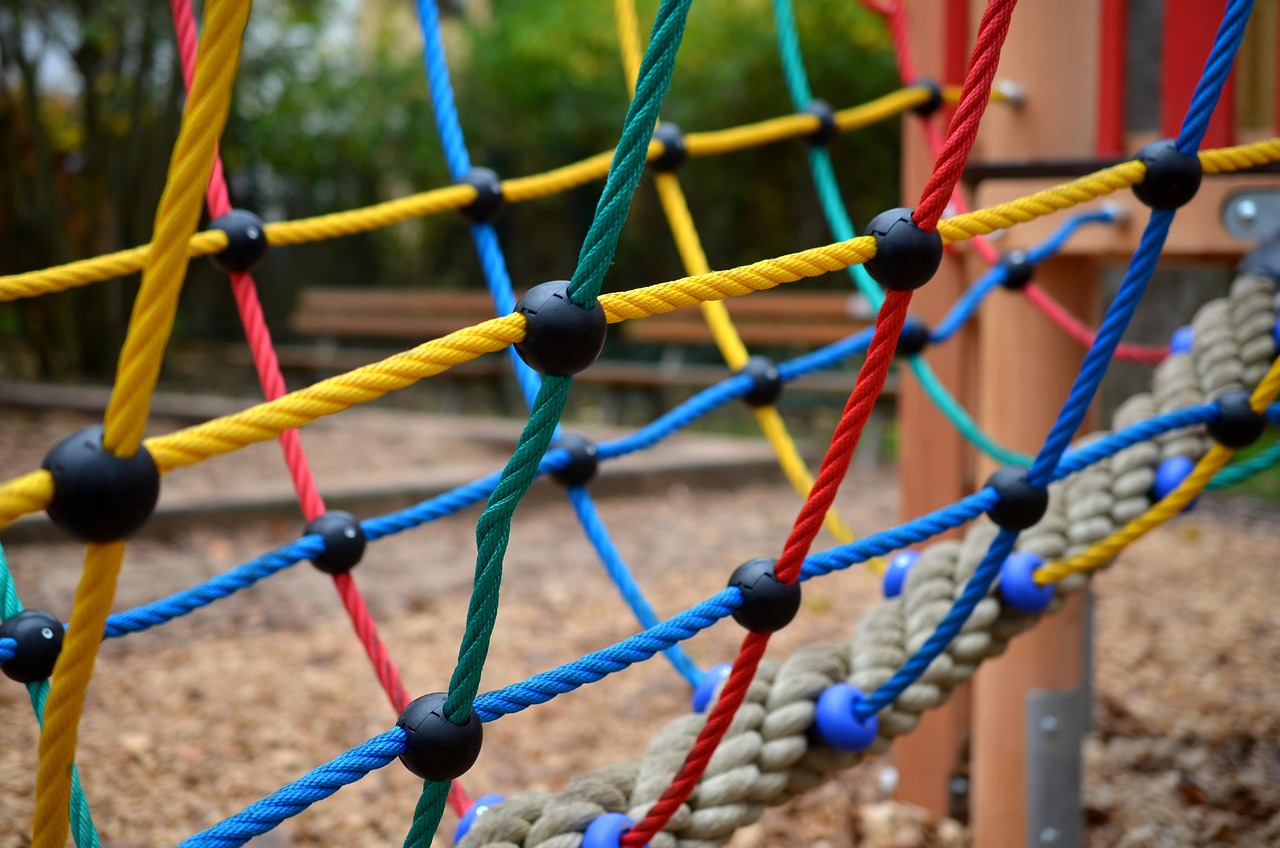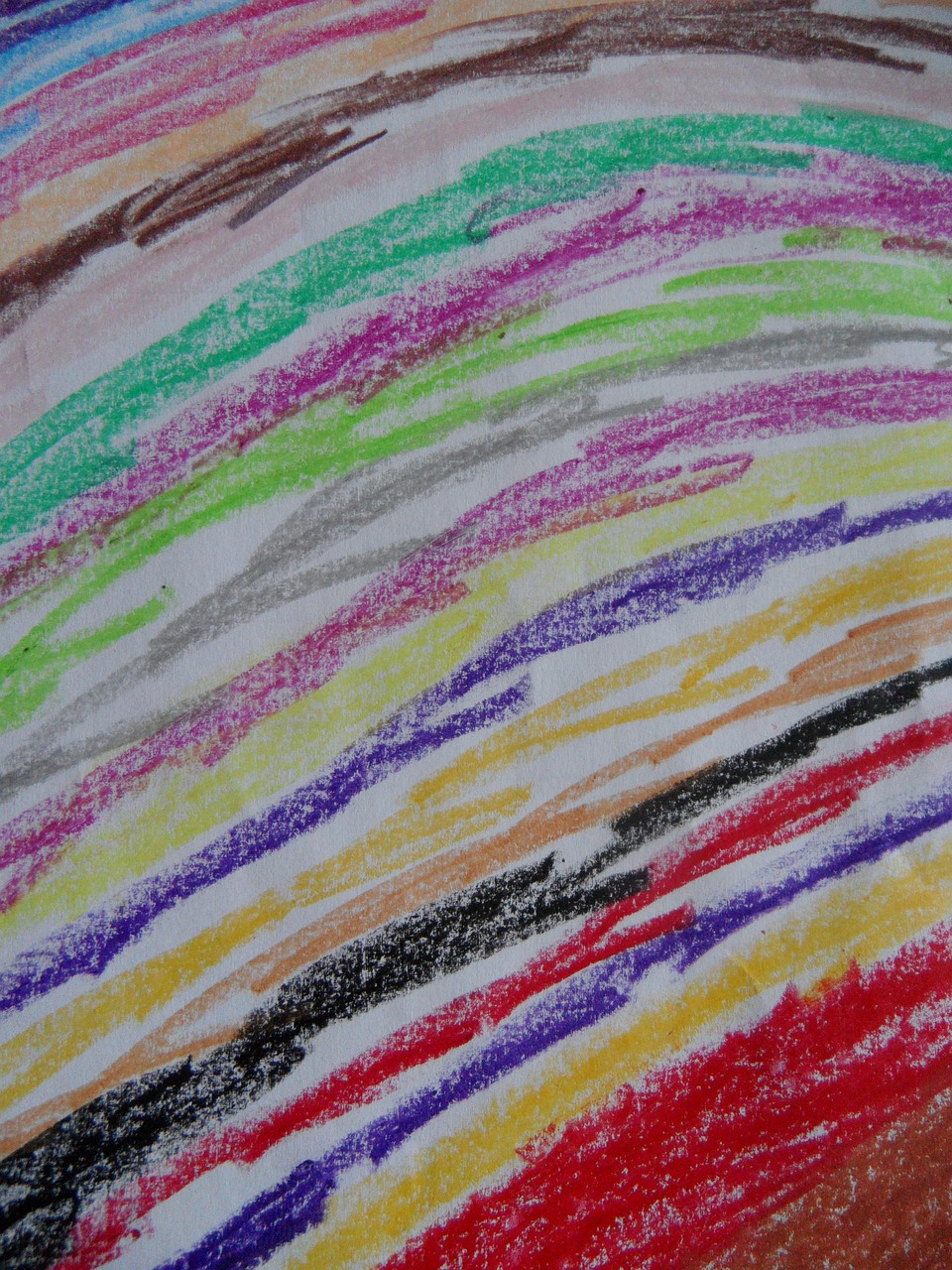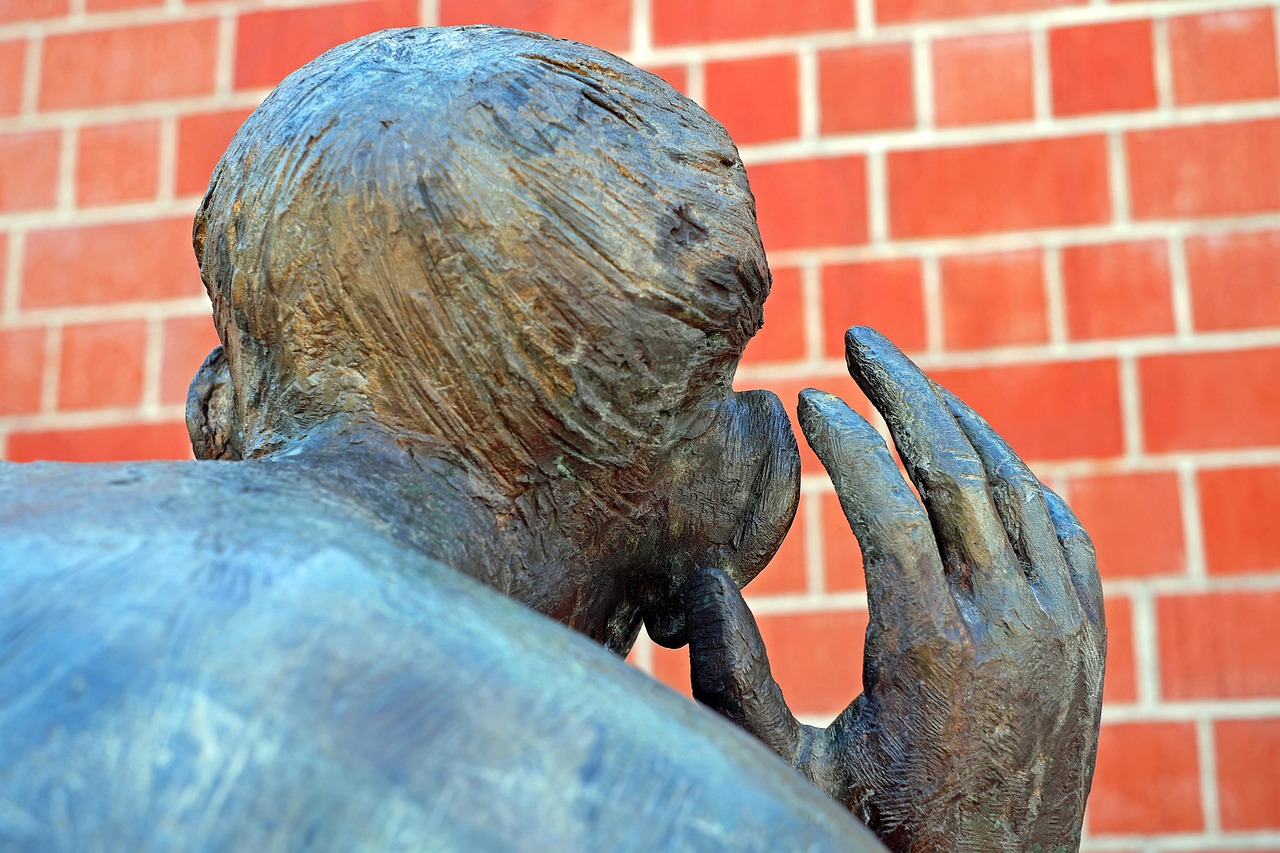-

Safety Surfacing: The quiet loss of a common world
A recently mounted sign on one of the play structures in Liverpool’s Sefton Park explains that a large, well-used tyre swing has been removed due to damage caused by dogs biting and chewing it. What remains is an empty frame, purposeless now, like a scar on an otherwise joyful landscape. This absence struck me more…
-

To AI or not to AI? That is the question
I like to tune into a podcast when I’m in the gym; it takes my mind off the laborious process of endlessly lifting weights that my body and brain believe are too heavy for me, but the trainers insist will do me good. It was during one such gym session that I stumbled across the…
-

Bah humbug or happy Christmas?
School halls full of smiling faces, excited chatter and chests bursting with pride will soon be a common sight across the nation – and that’s just the adults! Watching their little angels, shepherds, and kings around the manger whilst balancing on a tiny chair is a rite of passage for many parents. Scooby Doo made…
-

Teaching climate change: what’s holding us back?
As the realities of the climate and nature crisis become increasingly visible, it’s clear the next generation will grow up in a world shaped by environmental change. Preparing them for that future isn’t just about climate science or policy; it’s about education. If we want children to understand, adapt to, and act on climate change,…
-

Why schools need to address anti-LGBT bullying
This week marks Anti-Bullying Week, and our SIoE research shows that lesbian, gay, bisexual and trans (LGBT) young people are still at risk of being bullied in our schools. Our study is the largest of its kind ever conducted in England, with over 61,000 pupils and staff from 853 schools taking part. It focused specifically…
-

Think before you chat: Gen AI and applied linguistics
“You shall know a word by the company it keeps” (J.R. Firth, 1957) Here at SIoE, we ask big questions about how people learn, teach, and communicate, and now that includes how machines are learning to ‘chat’ like us. Language is the beating heart of education, so it is not surprising that ChatBots, powered by…
-

The 2022 SEND review: asked but not heard
Asking without listening When the government launched the SEND review in 2022, it promised to “restore families’ trust and confidence in an inclusive education system.” Yet for many families of disabled young people, it felt like déjà vu, another consultation that asked for their views but did not seem prepared to hear them. Our Right…
-

A reflection for World Menopause Day
In Western cultures, the average age of menopause is 51 years old. Menopause is one day in time between being peri-menopausal and post-menopausal. Perimenopause can begin up to 10 years before menopause and being post-menopausal is for the rest of life. Menopause can be undergone by cis women, trans and non-binary people. It can occur…
-

Finding meaning in meaning
A recent visit to an exhibition of ice-age art in Keighley, part of the Bradford City of Culture events, alerted me to the surprising links, but also the obvious differences, between the study of our deepest pre-history and contemporary educational research. The exhibition was a display, collected from all over Europe, of small, ‘mobile’ pieces…
-

A seat at the table: reflections on belonging in higher education
October always makes me pause. Black History Month is definitely a time to celebrate, but also to reckon with where we are. This year’s theme, “Standing Firm in Power and Pride”, invites us to reflect on what it means to belong, to hold space, and to stand tall in institutions that have not always made that…
Got any book recommendations?